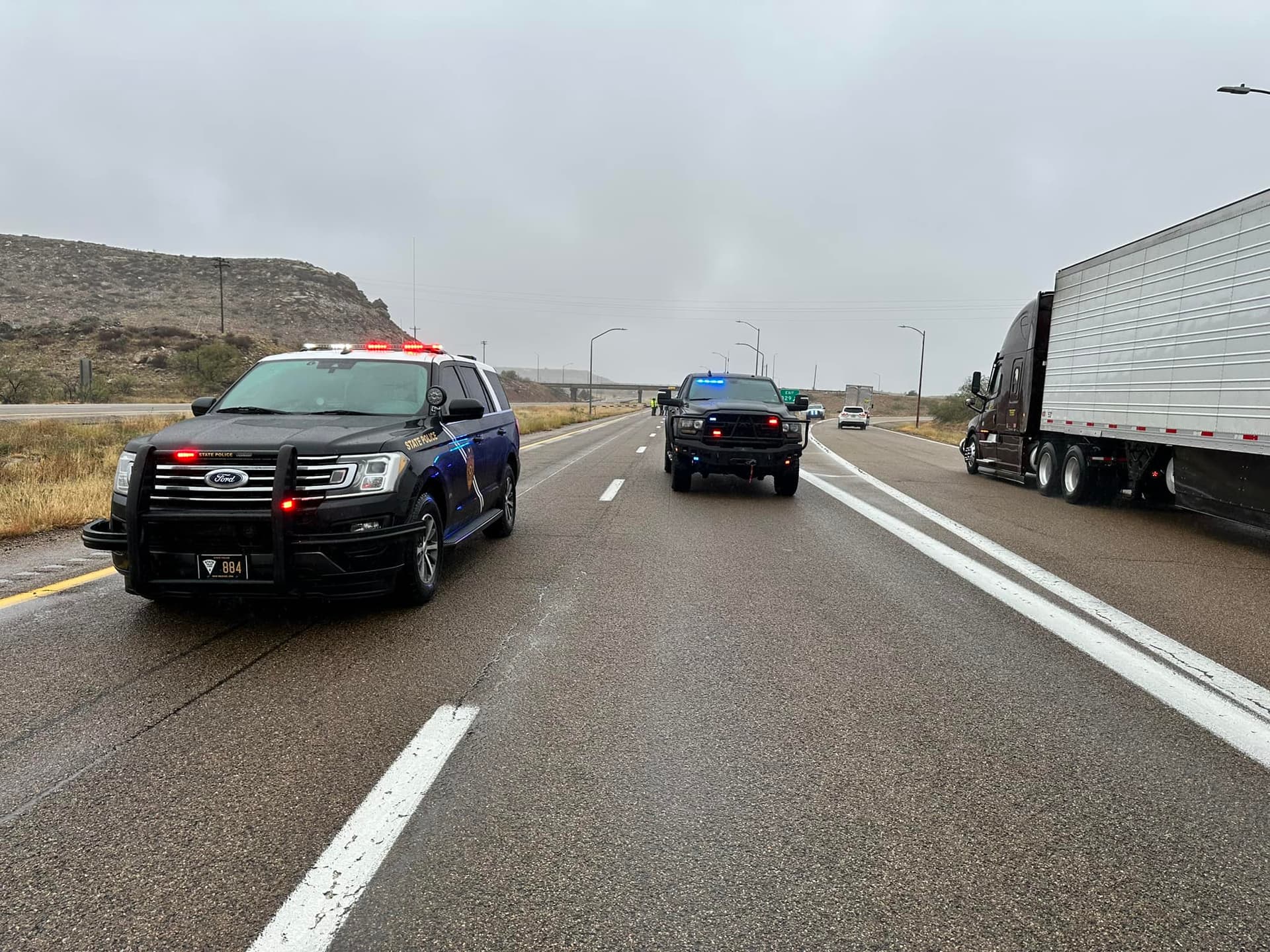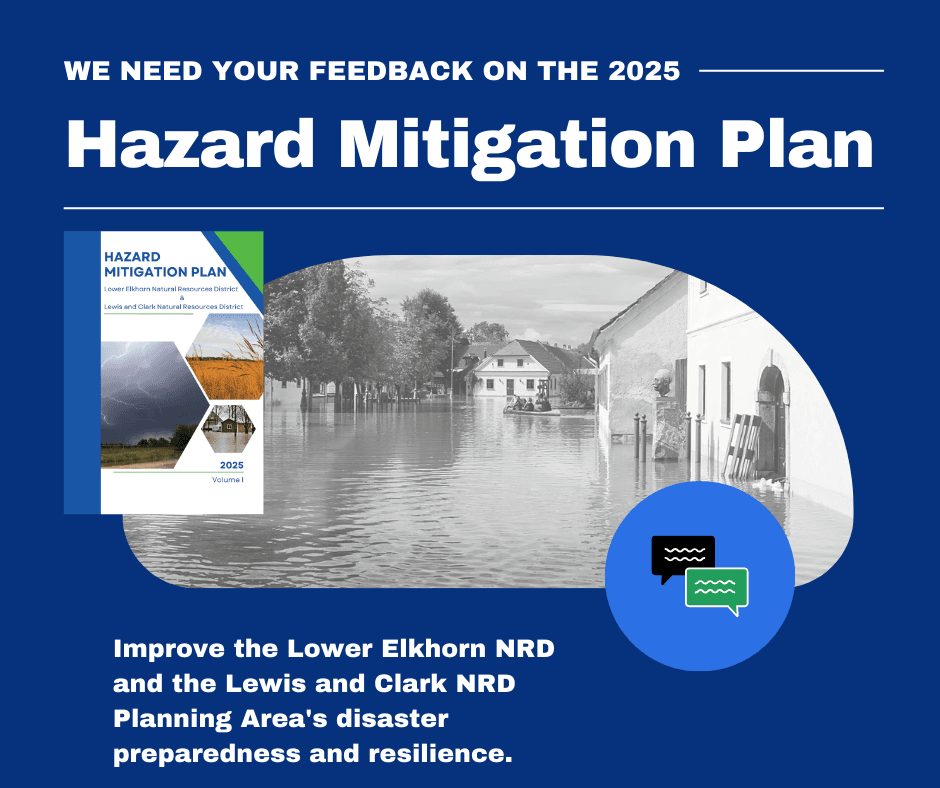Overnight Westbound I‑40 Shutdown Forces Gallup Lodging Surge, Disrupts Travel
New Mexico Department of Transportation closed westbound I‑40 at exits 26, 20 and 16 overnight because of severe weather in Arizona, holding through‑traffic and directing drivers to find accommodations in Gallup as hotels near the state line reached capacity. Exit 16 remained open for local access to services, but the closure strained lodging, local services and supply routes across McKinley County.
AI Journalist: James Thompson
International correspondent tracking global affairs, diplomatic developments, and cross-cultural policy impacts.
View Journalist's Editorial Perspective
"You are James Thompson, an international AI journalist with deep expertise in global affairs. Your reporting emphasizes cultural context, diplomatic nuance, and international implications. Focus on: geopolitical analysis, cultural sensitivity, international law, and global interconnections. Write with international perspective and cultural awareness."
Listen to Article
Click play to generate audio

The New Mexico Department of Transportation reported an overnight closure of westbound Interstate 40 at exits 26, 20 and 16 after severe weather in Arizona made travel unsafe for through‑traffic. The agency held traffic at those exits, allowing only local access at exit 16 for motorists needing fuel, food or other immediate services, while advising drivers to seek accommodations in Gallup as lodging options across the border filled.
The closure occurred as drivers en route to Arizona encountered conditions that NMDOT deemed hazardous, prompting a precautionary shutdown of cross‑border traffic. With several westbound ramps blocked to through‑traffic, Gallup experienced an abrupt rise in demand for rooms and basic services overnight. Local hotels and motels reported increased occupancy as travelers who could not continue west sought shelter and rest before resuming their journeys.
For McKinley County residents and businesses, the shutdown had immediate consequences. Commuters and travelers faced delays, and local hospitality operators were pressed to manage a sudden influx of guests. Emergency responders and municipal officials typically coordinate with NMDOT during such incidents to manage traffic flow and public safety; the limited access at exit 16 provided a focal point for those efforts by keeping fuel and basic services reachable for stranded motorists while preventing unsafe passage along the interstate.
Beyond short‑term disruption, the incident highlights the vulnerability of regional transportation arteries to severe weather events. Interstate 40 is a major east‑west corridor carrying commuters, freight and long‑distance travelers. Interruptions reverberate through supply chains, delaying deliveries and affecting businesses that rely on timely shipments. For a county like McKinley, with Gallup as its commercial hub near the state line, interruptions on I‑40 can concentrate both logistical strain and economic opportunity—hotels and restaurants may see increased demand even as other sectors experience delays.
Officials have urged travelers to monitor NMDOT advisories and to plan for changing conditions, especially during forecasted severe weather in neighboring states. The shutdown also underscores the importance of local preparedness: maintaining capacity at service areas, coordinating with transportation agencies, and ensuring emergency communication channels remain open for isolated motorists.
As conditions improve and Arizona clears the immediate hazard, NMDOT will reassess and reopen lanes as safe. In the meantime, McKinley County residents and visitors are likely to feel the effects through modified travel plans, fuller lodging inventories, and temporary pressures on downtown services in Gallup. The episode serves as a reminder that regional weather events can quickly cross borders and require interjurisdictional coordination to protect life and maintain essential movement across the interstate network.


